This list contains spoilers!
Horror games are incredible for many reasons, but recently, they've carved out a niche for exploring taboo topics that most games don't, particularly mental health. It makes sense that horror, which is all about depicting psychological damage, is perfectly suited to the task.
Related
8 Horror Games With The Best Writing, Ranked
While the focus of these games is to scare the player, they also have an incredible story to as well.
Whether it's horror games that explore the impact of PTSD, or stories that centralise sanity as a core mechanic, there are plenty of great horror games that look at mental health. This list is ranked both by the quality of the game and how much it centralises mental health as a topic.
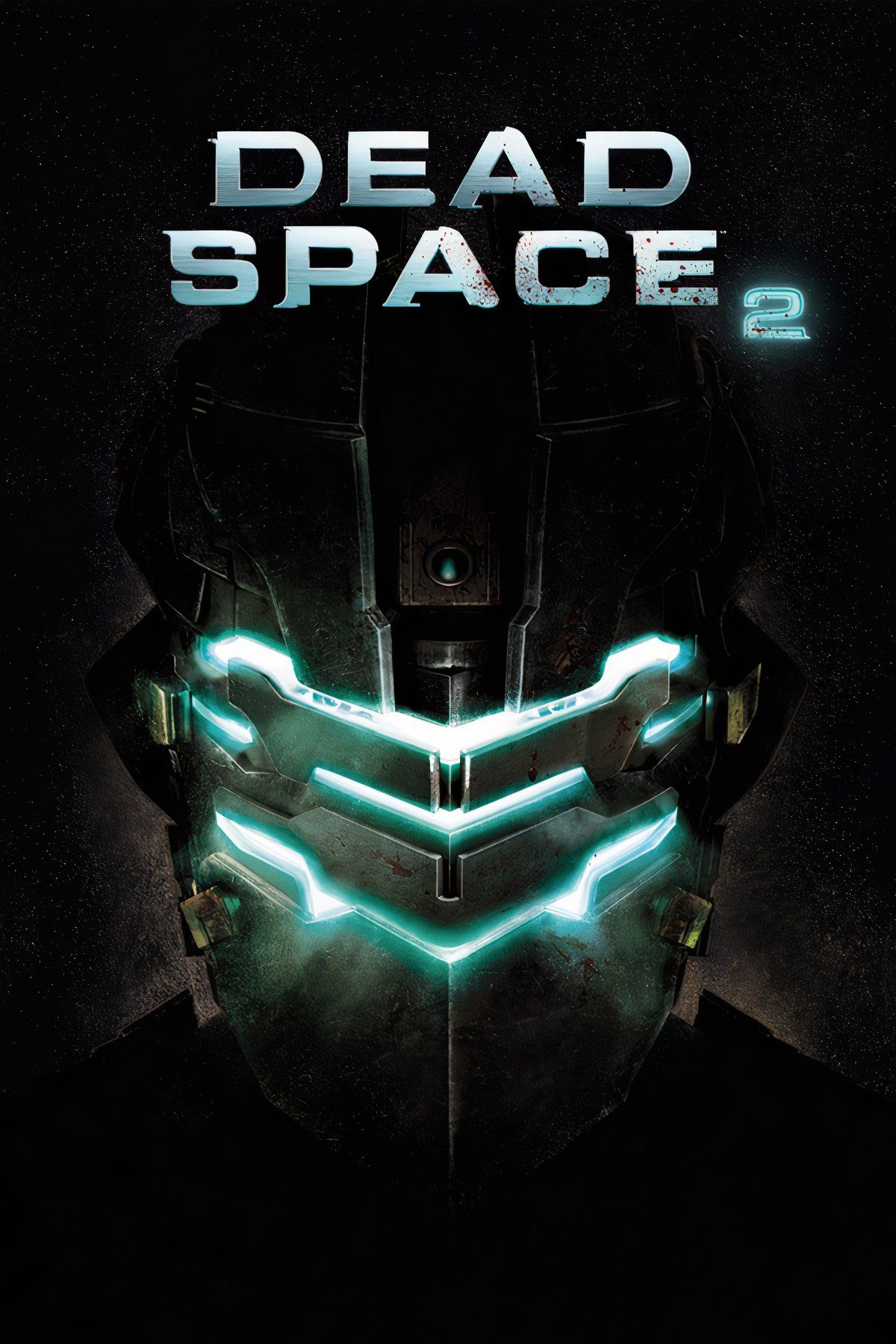
Dead Space 2

8/10
- January 25, 2011
- M for Mature: Blood and Gore, Intense Violence, Strong Language
- Visceral Games
- Electronic Arts
Following up on the original Dead Space was always going to be a challenge. As a break-out horror hit that not many expected to do well, the original Dead Space launched an entire new franchise that spawned games, books, comics, and even a much beloved remake many years later, but the sequel was always a big problem to solve.
Luckily, Dead Space 2 nailed it with its approach. By giving Isaac a voice and centralising how traumatic the effects of the first game's events were on him, Dead Space 2 is as much about coming to terms with traumatic events as it is about escaping a space station overrun by monsters, with some gamers advocating for an immediate remake like the first game.
The original The Evil Within was a controversial game. On one hand, it had bold ideas and was an original take on the horror genre from master Shinji Mikami, but on the other hand, it was bloated, and the story/characters weren't great.
Remarkably, The Evil Within 2 turned everything around, making a sequel that not only surpassed the original but also made its characters and plot more interesting in retrospect. Protagonist Sebastian, put back into the STEM machine, is forced to come to terms with the idea that his macho persona is mostly a facade, and the game ultimately becomes about looking fear in the face through its roster of terrifying monsters rather than running away from it.
The early 2010s were a golden age for horror games, with indie developers in particular picking up the slack and releasing some of the most inventive and subversive games in the genre for some time. Amnesia: The Dark Descent is maybe the most important horror game from this era that spawned countless copy-cats, but also showed that an action-forward approach wasn't needed for horror games to be popular (making it ideal for beginners to play).
Although Amnesia: The Dark Descent wasn't the first game to feature a sanity meter (Eternal Darkness or the Call of Cthulhu TTRPGs probably hold that accolade), Amnesia: The Dark Descent hung everything on sanity as the most important resource for the player, showing how horror protagonists weren't indestructible, and neatly tying together the fear of the character, and the fear of the player, together mechanically.
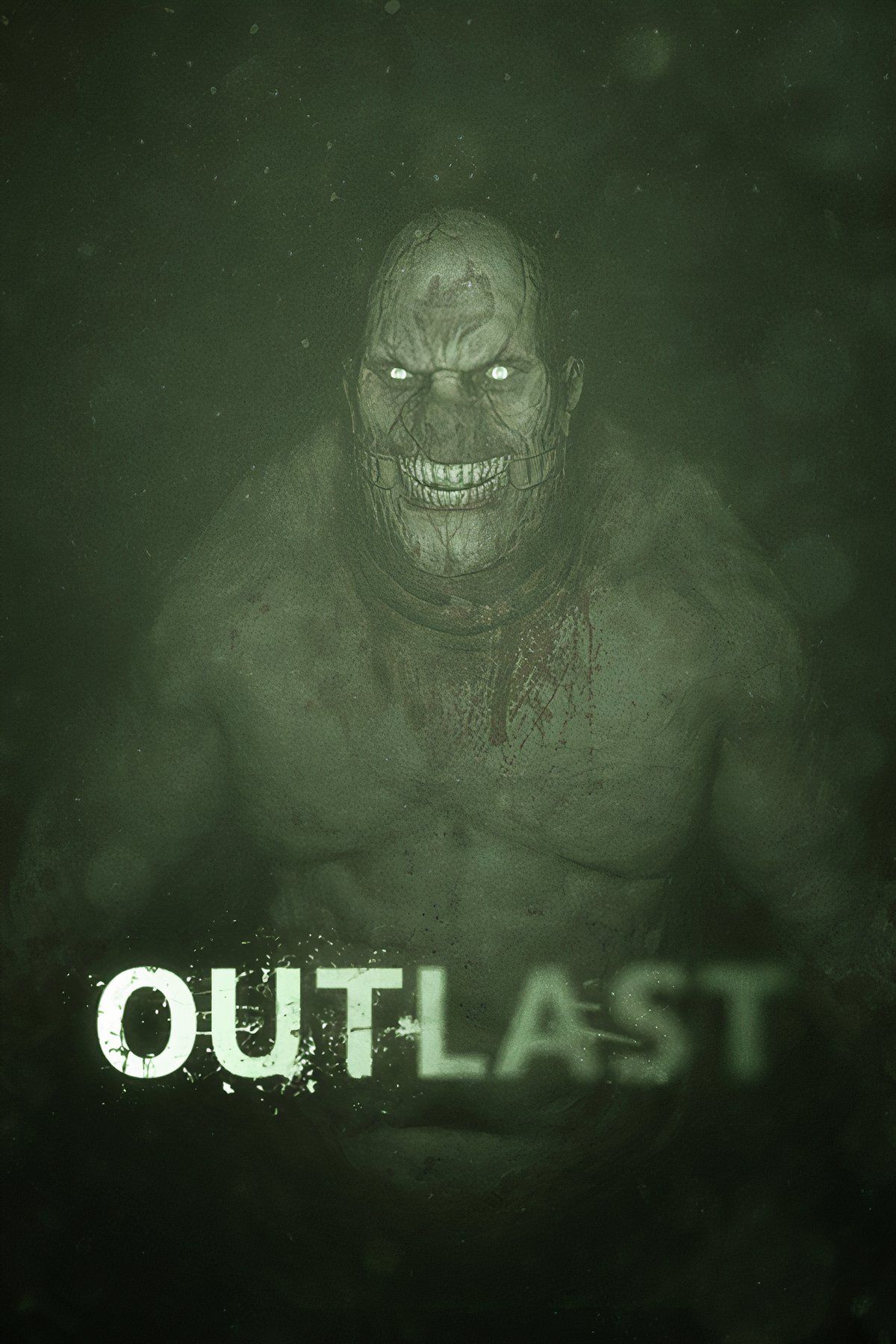
Outlast
- November 4, 2013
- Mature // Intense Violence, Blood and Gore, Sexual Content, Nudity, Strong Language
- Red Barrels
- Red Barrels
This entry contains late-game spoilers!
To say that Outlast is particularly sensitive to the issues of mental health may be a little misleading. After all, the game's central premise is about surviving an insane asylum that is filled with horrifying people doing even more horrifying things. However, as the game progresses, it turns out there's something far more nuanced going on.
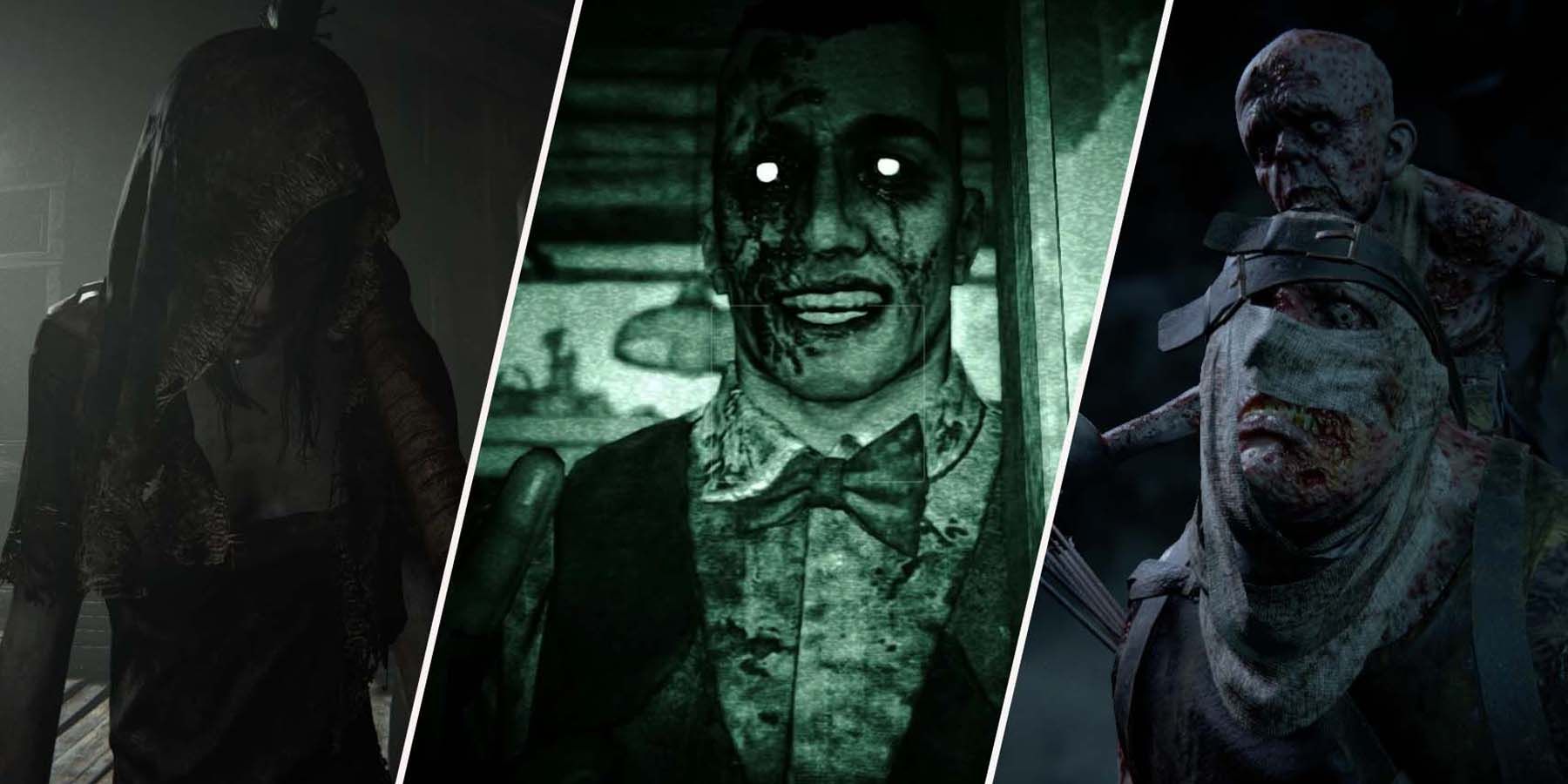
Related
18 Outlast Characters That Chilled Us To The Bone
Good horror games create characters that are absolutely terrifying, and the Outlast series succeeded in giving us figures to flee and hide from.
The patients at Mount Massive Asylum are victims of an experimental therapy at the hands of a corporation, and they were used as few would miss them. It throws a stark light on how mentally ill people are treated and the sordid history of insane asylums in every country's history.
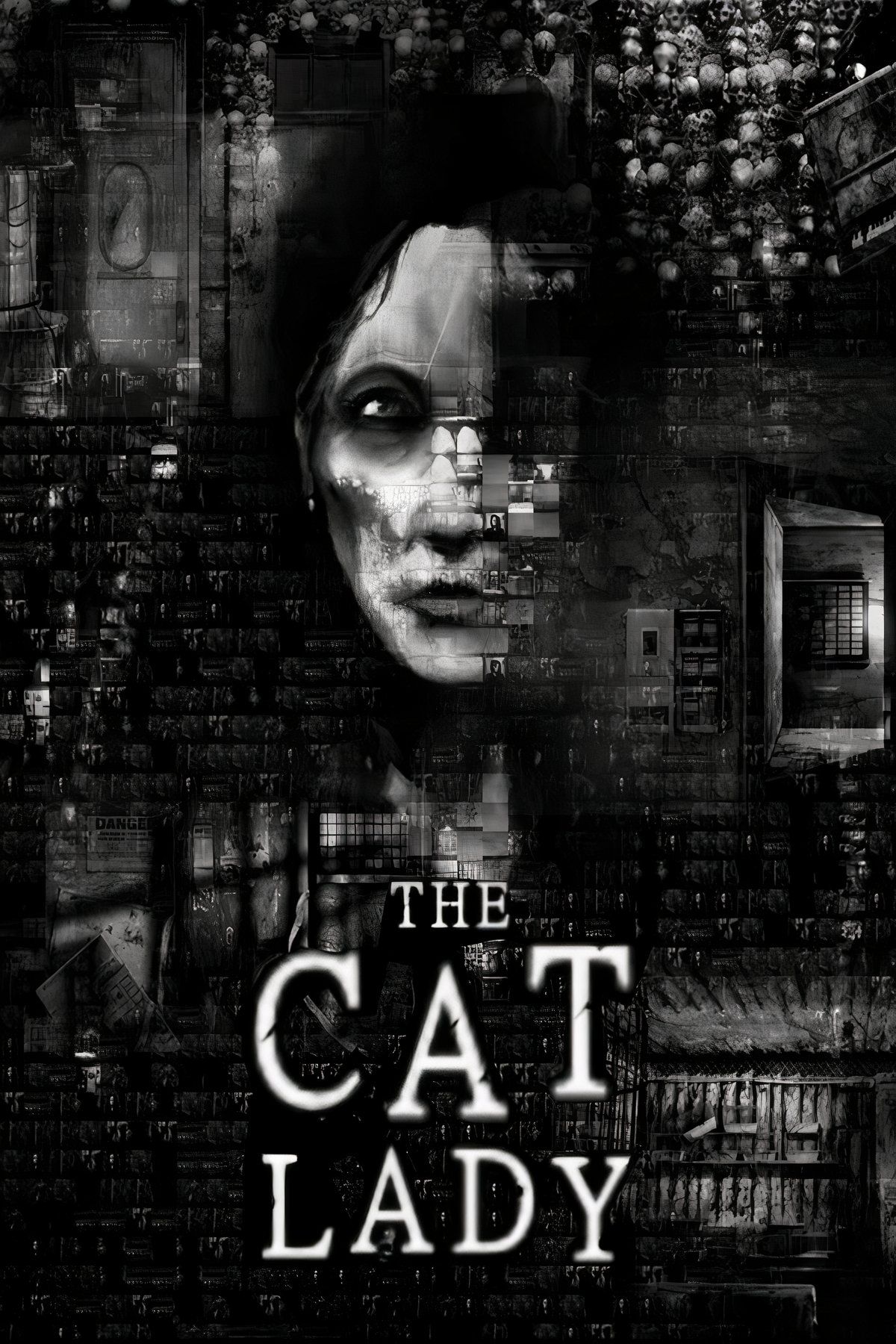
Though there are countless games from the early 2010s era that could fit into this list, The Cat Lady may just be the best. In the game, players take control of Susan Ashworth, a clinically depressed middle-aged woman who decides to end her life, but instead, she embarks on a surreal, horrific adventure that tries to get to the bottom of how mental health affects everyday people.
Though the game certainly has its fair share of scares and pulpy nonsense, there's a deep sensitivity to the subjective experience of what it feels like to be depressed throughout, which makes it stand out from other horror games that sometimes paint in broad strokes.
To say too much about Doki Doki Literature Club does risk spoiling what makes it great, so any gamer who hasn't played it should do so immediately. For those who have played it, the game is a self-evidently brilliant meditation on dating simulators, visual novels, and what people get out of them.
Most famously, the game gave little indication of its true intent, and it purposefully subverted a lot of the simplistic tropes of anime visual novels to show psychological depth in characters that are often portrayed as two-dimensional. The game sparked a wave of newly introspective genre games that try to subvert expectations, yet Doki Doki Literature Club remains one of the best and a great introduction to the world of visual novels.
The Xbox brand was struggling as the 2010s came into the back half with relatively few exclusives to pry away gamers from PlayStation so, in a switch that it still ongoing to this day, Microsoft pivoted towards funding games that are truly unique and attempt to stand out from the crowd, resulting in brilliant experiments like Hellblade: Senua's Sacrifice.
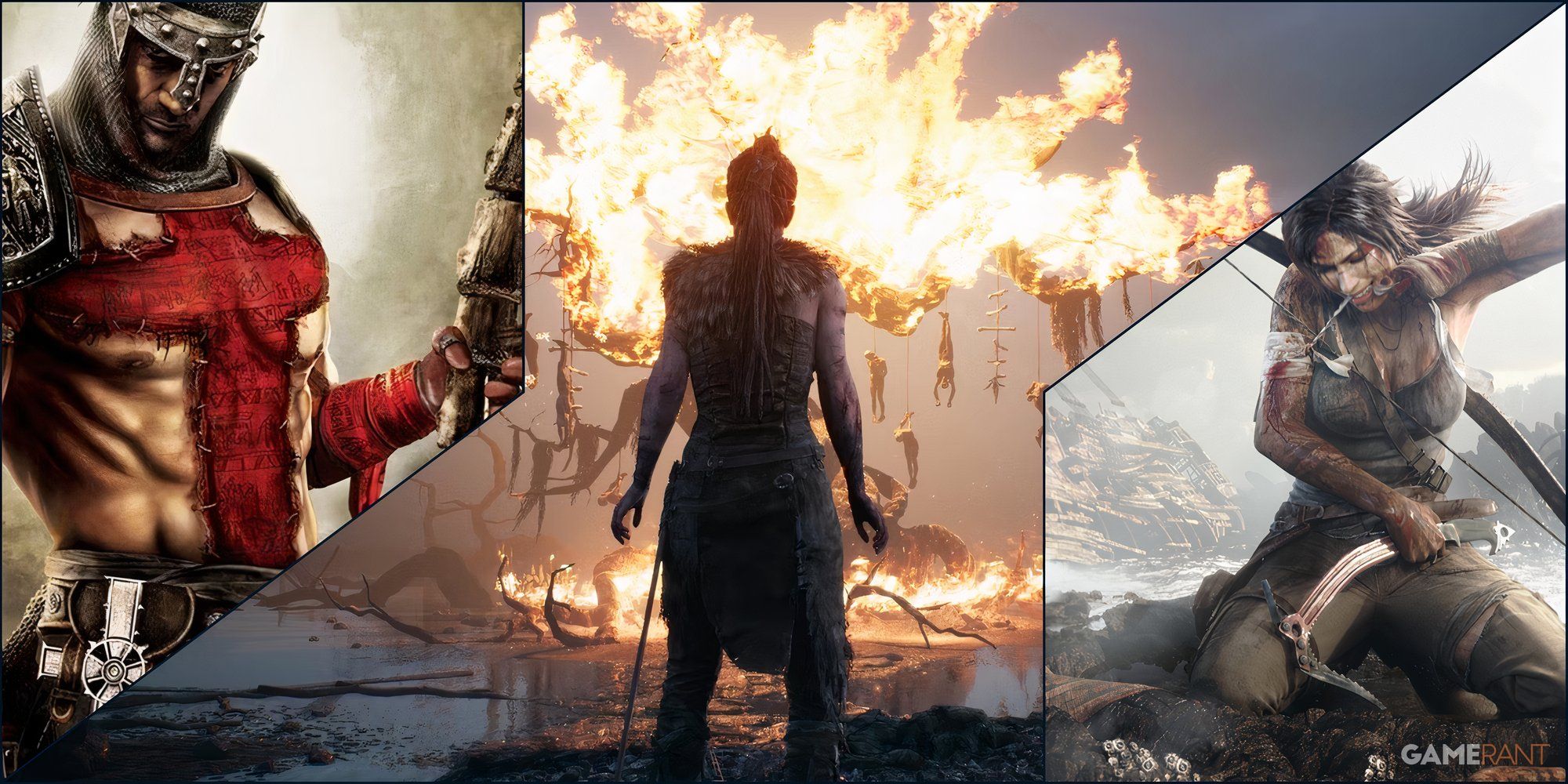
Related
Best Games To Play If You Like Hellblade
Players who can't get enough of the Hellblade series should take a look at the following games if they haven't already.
The game is famous for its depiction of psychosis and schizophrenia, where the developers went as far as to consult neuroscientists to depict it as accurately as possible. Given the game's historical setting, Senua believes that her psychosis is a curse, making for a brilliant exploration into the subjective experience of mental illness from the perspective of someone who doesn't know what is happening to them.
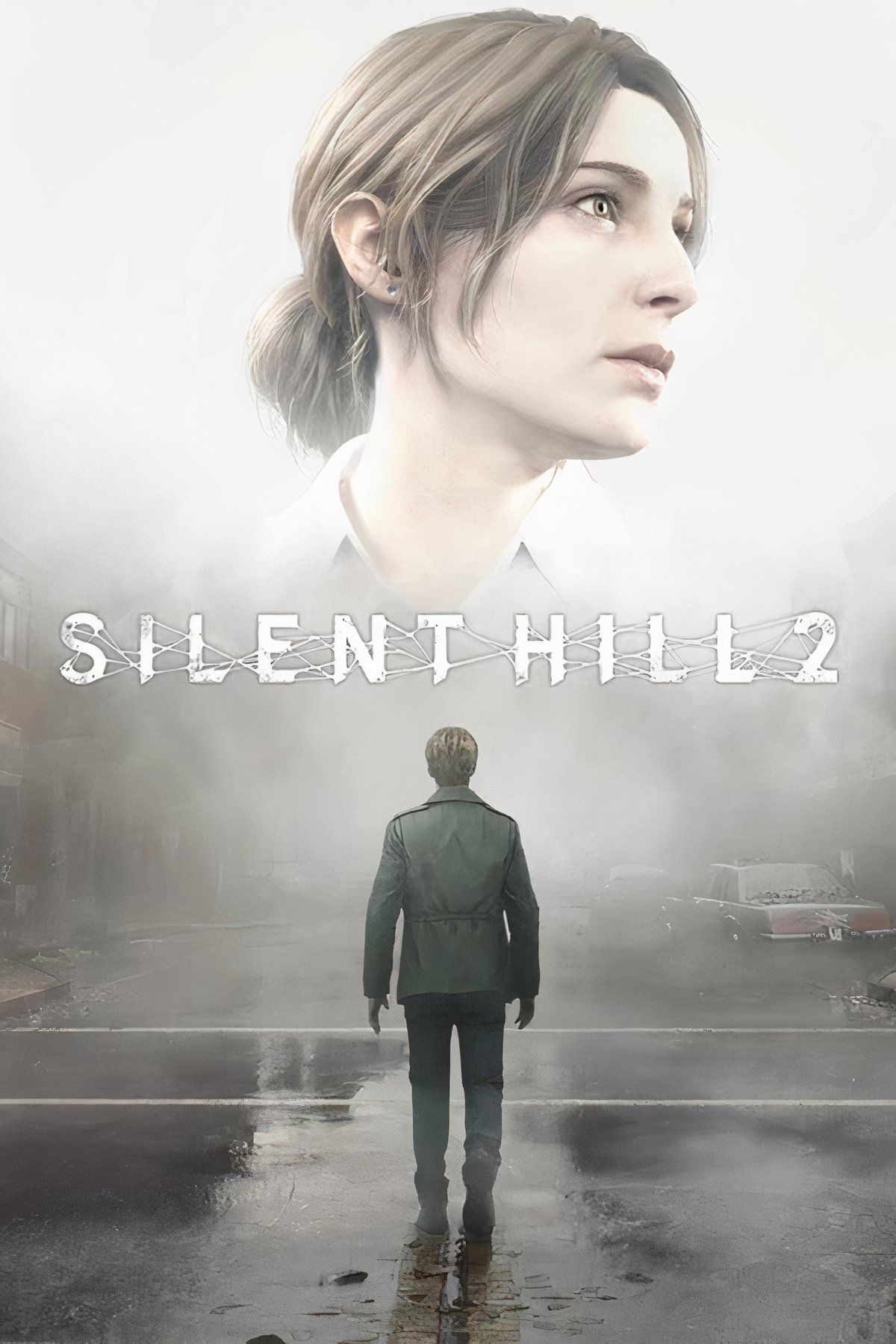
Silent Hill 2

9/10
- October 8, 2024
- M For Mature 17+ // Blood and Gore, Language, Sexual Themes, Violence
- Bloober Team
- Konami
Though mental health as a topic worth discussing didn't become prominent until the 2010s, some games predate the boom, and Silent Hill 2 (and its 2024 remake) is the definitive example of how horror and mental health can intermingle beautifully into an all-time classic full of terrifying monsters.
To say too much else would be to spoil one of the greatest subjective psychological narratives in all of gaming, but needless to say, Silent Hill 2 set itself out as the template for how mental health can be discussed and cathartically experienced through horror gaming that still holds massive influence to this day.
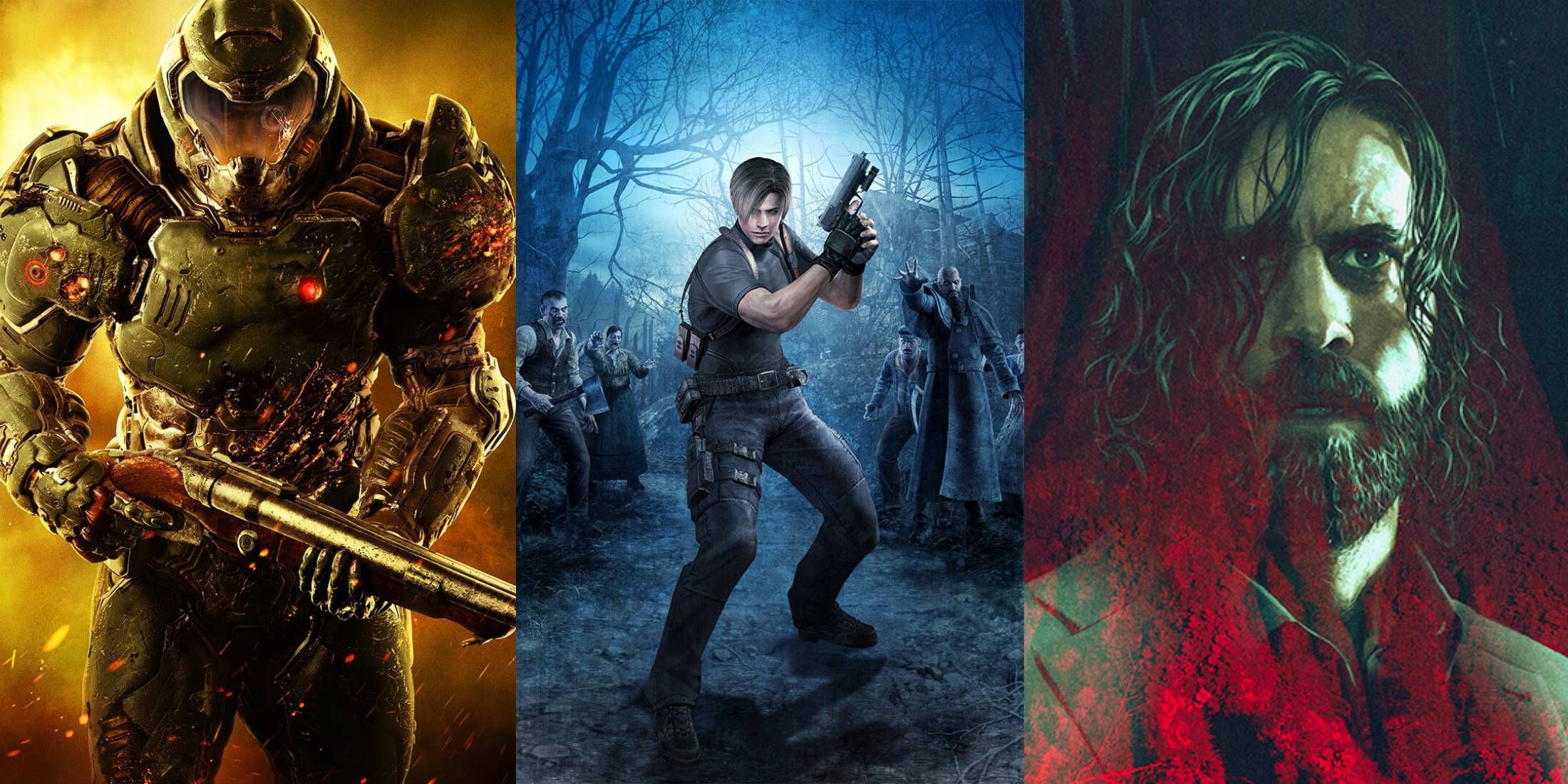
More
10 Most Iconic Horror Game Protagonists, Ranked
These iconic heroes are the faces of the games they starred in.












